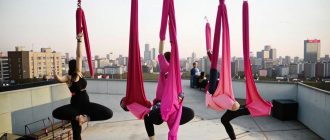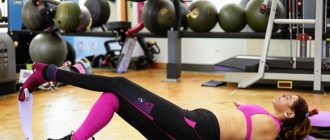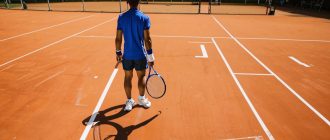The name “shaping” comes from the English word “shaping”. It translates as “shaping, shaping”. It turns out that training makes a sculptor out of you, who literally “molds” his own body. Shaping is a set of gymnastic exercises that help you get rid of extra pounds and create graceful body lines. It is important that the classes require proper nutrition, because only the combination of physical activity and healthy food can lead to results.
How did shaping appear? Contrary to the foreign name, the origins of the direction are in the USSR. In the late 1980s, shaping was developed and started practicing by Russian physiologist Ilya Prokhortsev. The man received a patent for a new system of training. Popularity to shaping came in the 90s, in those years more and more people practiced this method.

Dean of the College of Fitness.
“Shaping provides a precise sequence and a specific scope of actions, rules and regimes to be followed for fast and effective results on improving the figure. Shaping is a system of shaping the human body, that is, creating certain bodily forms.”
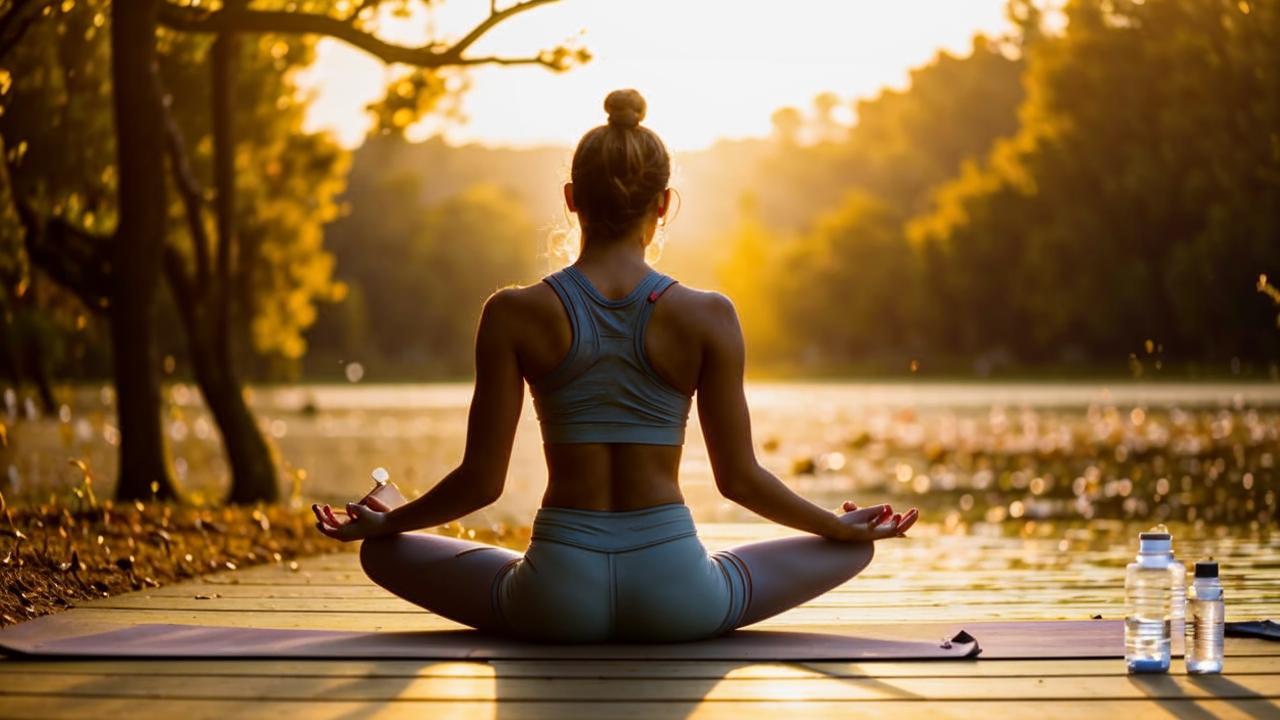
What are the benefits of shaping?
- All muscle groups are strengthened, joint mobility is developed.
- The metabolism improves.
- The cardiovascular and respiratory systems improve.
- Increases the overall endurance of the body.
- Improves coordination.
- Psycho-emotional state improves.
Features of training
The average duration of shaping classes should be within one hour. When you start classes, it is important to monitor the frequency of their attendance. Regularity is very important, but control and sufficient recovery to your body. Versatile workouts are recommended, so it’s important to attend alternative classes that emphasize other muscle groups or workouts that are inherently less strenuous.
A great addition to shaping classes would be stretching. It is also important to remember that attending multiple classes a day without adequate rest can lead to overtraining, sleep disturbance, increased resting heart rate, injury, and even depression.
It is important to follow the technique of exercise, its violation creates the greatest risk of injury. To prevent this situation, it is necessary to follow the principle of gradual complication of training. It should be understood that it is impossible to overpump with the help of such exercises, they help to tone the muscles, but do not greatly increase their volume.
If you feel pain in the muscles or joints, stop doing the exercise. Discomfort is a signal that you are overloading your body and should replace the movement with simplified variants. Realistically assess your capabilities, do not be guided by others. The same level of intensity may be too low for one and too high for another.
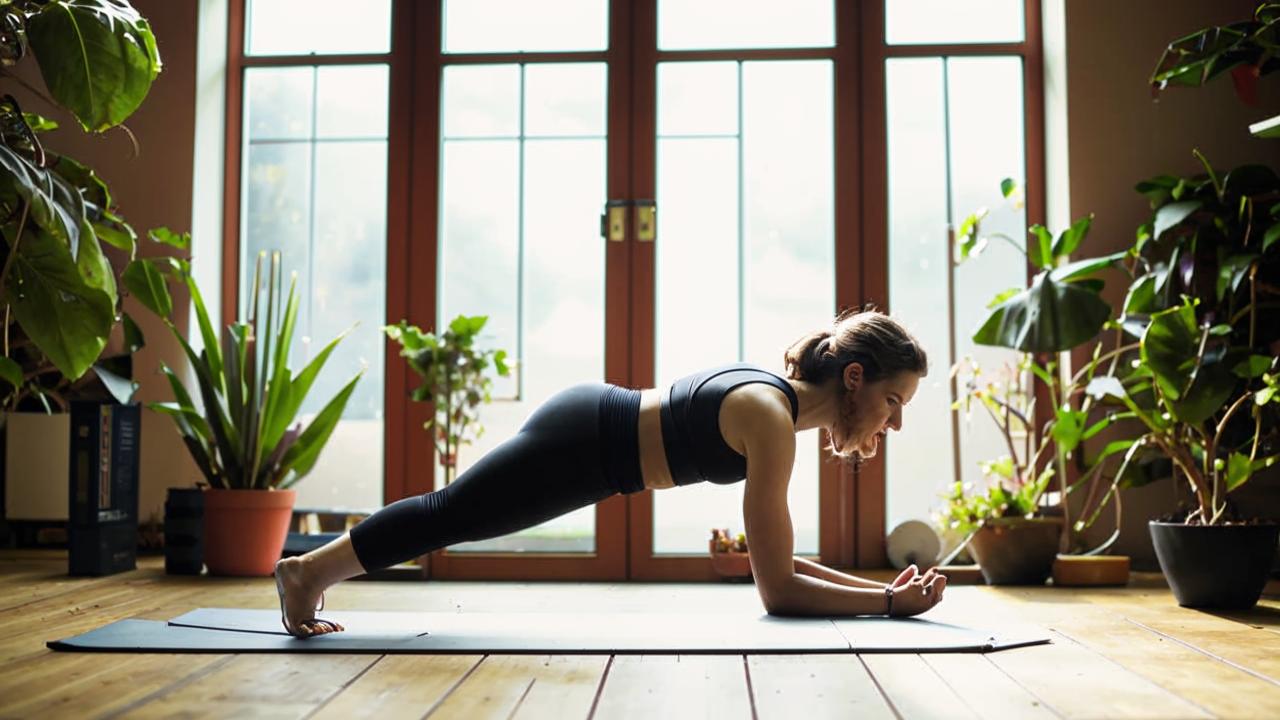
Contraindications
Shaping classes are suitable for people of different age groups. However, the degree of physical activity should correspond to the preparation of a particular person, the level of his state of health. Injuries, joint problems, recovery period after surgeries, fractures, chronic diseases can be prohibited to attend classes. The decision on the possibility or prohibition of classes is given only by a doctor. Do not make a decision on your own, so before you start training, it is necessary to consult with a medical specialist.
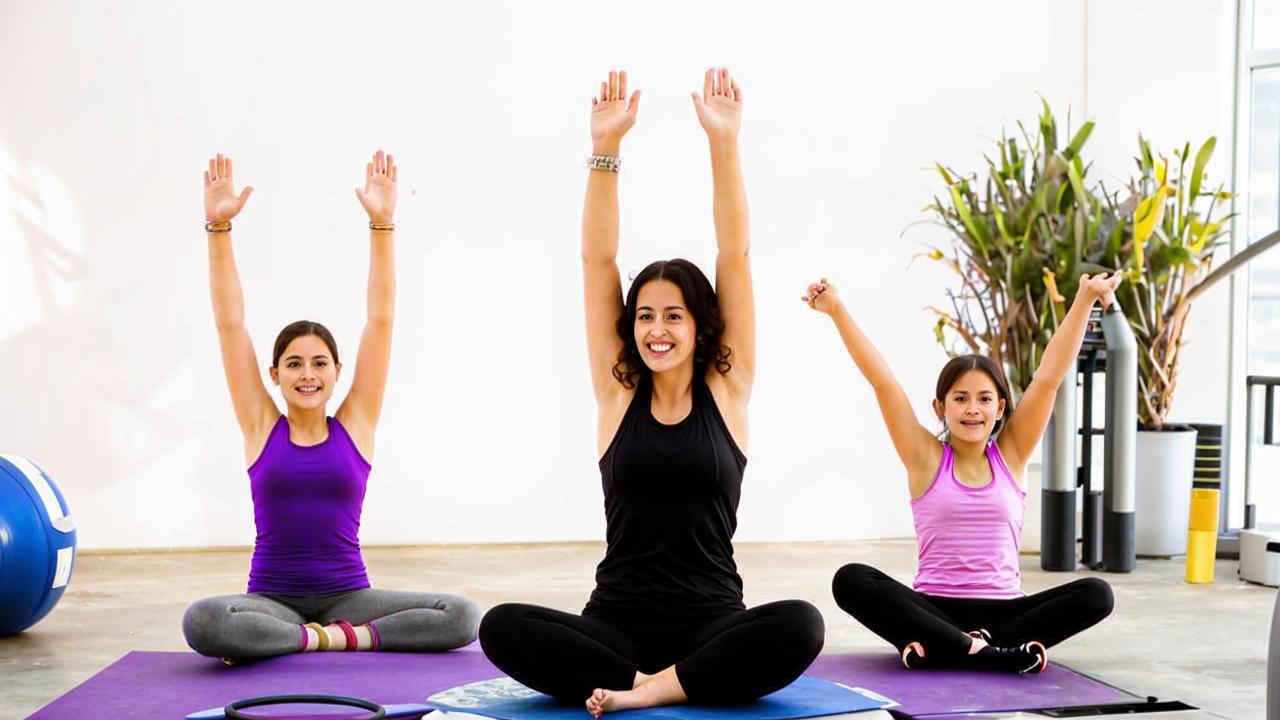
Basic training
It is recommended to perform two or three approaches of each exercise. Between approaches, take a small break of 30-40 seconds. Watch the correctness of the technique and breathing, it should be even.
Leg bending
Technique
- Stand on the mat in a knee-lock position (stand on all fours and then move your hands to your elbows).
- The working leg is straightened and parallel to the floor or slightly higher, you need to extend it to a straight line with your back and thigh.
- Bend the leg at the knee joint on the exhale.
- Then on the inhale, straighten it out.
- Control the knee joint when extending it.
- Perform 12-20 repetitions. Change the working leg.
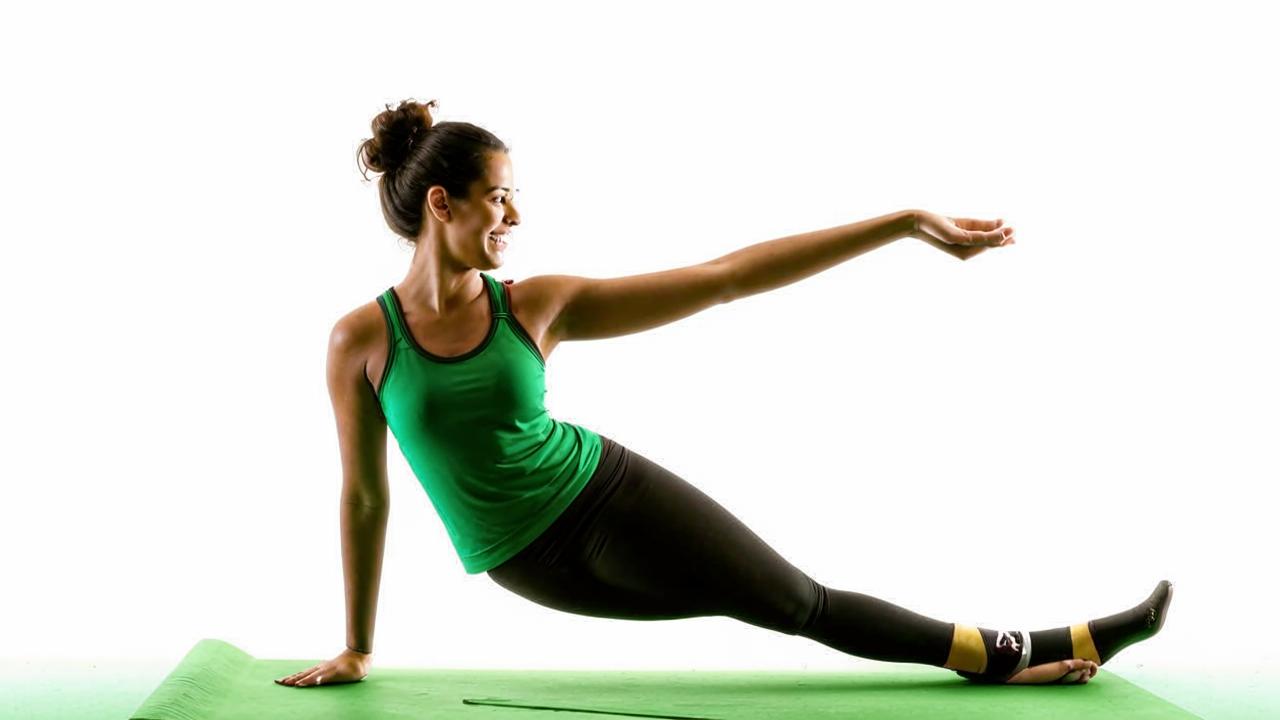
Raising the bent leg up
Technique
- Stand on the mat in a knee-lock position (stand on all fours and then move your hands to your elbows).
- The working leg is slightly beyond the knee of the other leg. The body weight is fully on the supporting leg.
- Lift the bent leg up on an exhale.
- Then on the inhale, lower the leg back to the starting position.
- Perform 12-20 repetitions. Change the working leg.
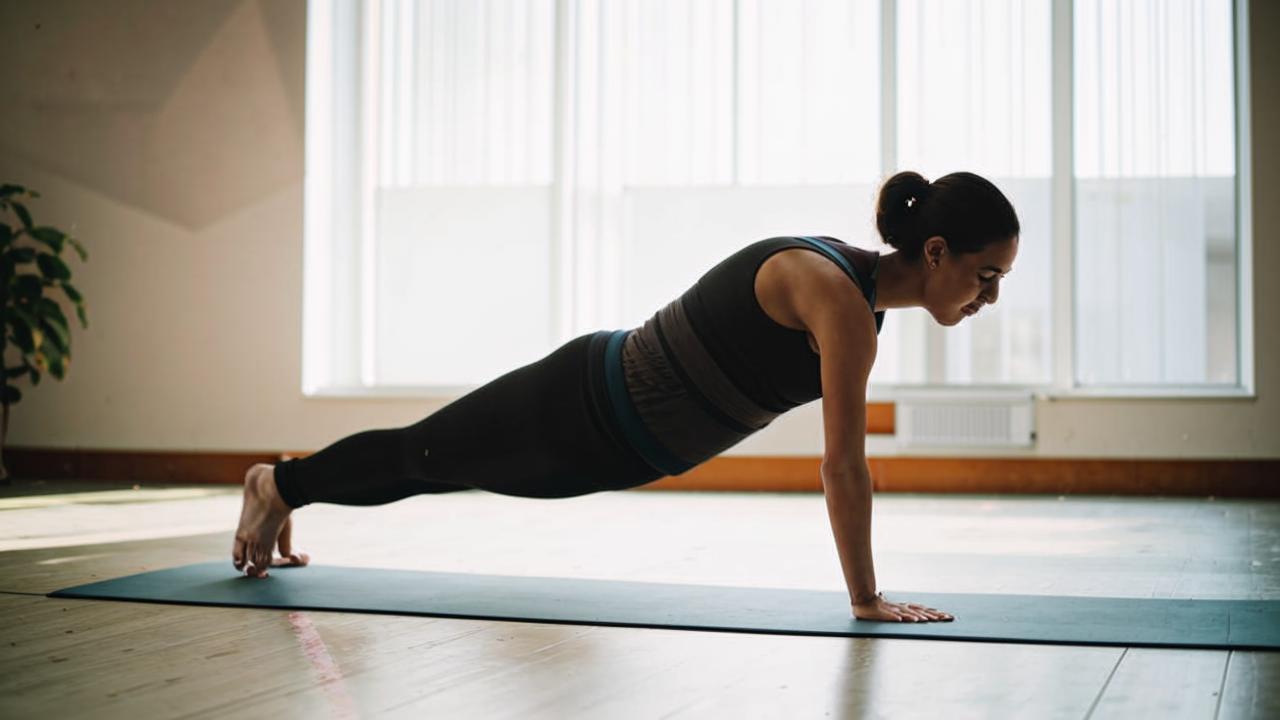
Bending leg side to side
Technique
- Stand on the mat in a knee-lock position (stand on all fours and then move your hands to your elbows).
- Place your right hand on the palm of your hand. The right leg is the working leg.
- The weight of the body is completely on the supporting left leg.
- As you exhale, move the bent leg out to the side.
- As you inhale, return to the starting position.
- Perform 12-20 repetitions. Change sides.
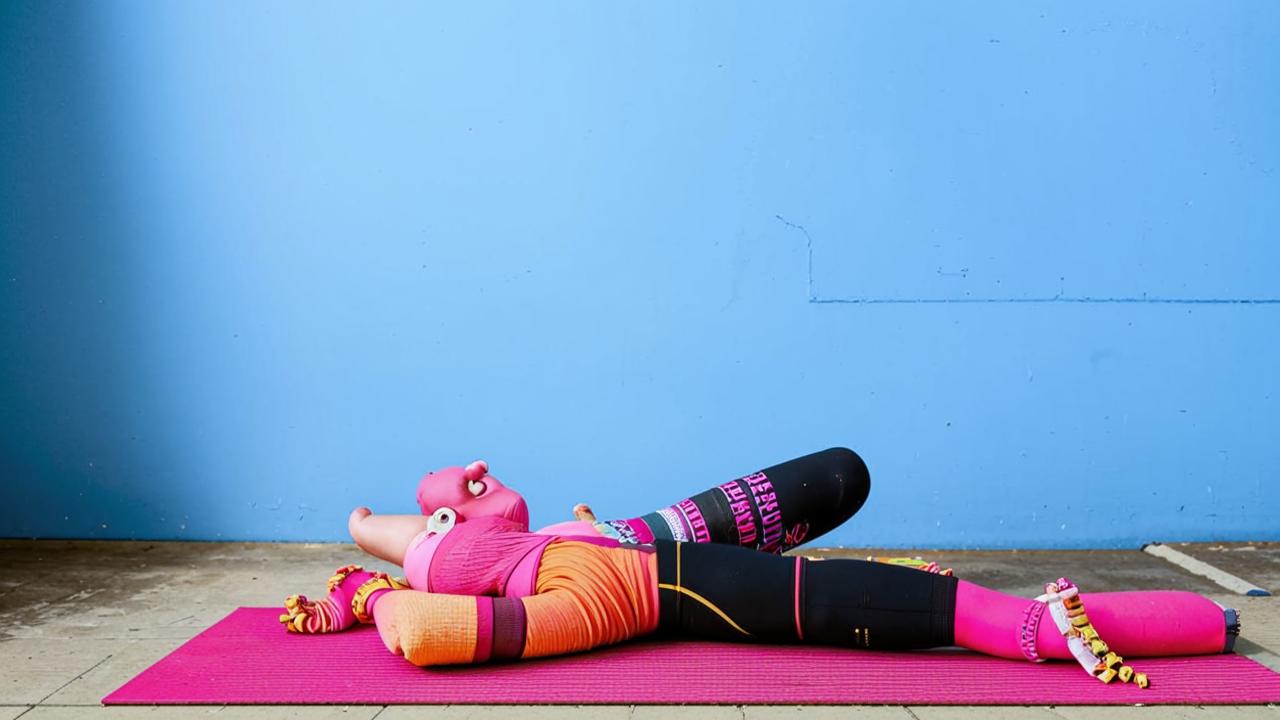
Pelvic lifts
Technique
- Lie on the mat, legs bent at the knees so that the feet touch the floor, feet shoulder-width apart.
- Arms stretched along the torso with palms down.
- As you exhale, lift the pelvis up so that the body from the top of the spine to the knee is a straight line.
- As you inhale, lower the pelvis, lightly touching the floor with the buttocks.
- Perform 12-20 repetitions.
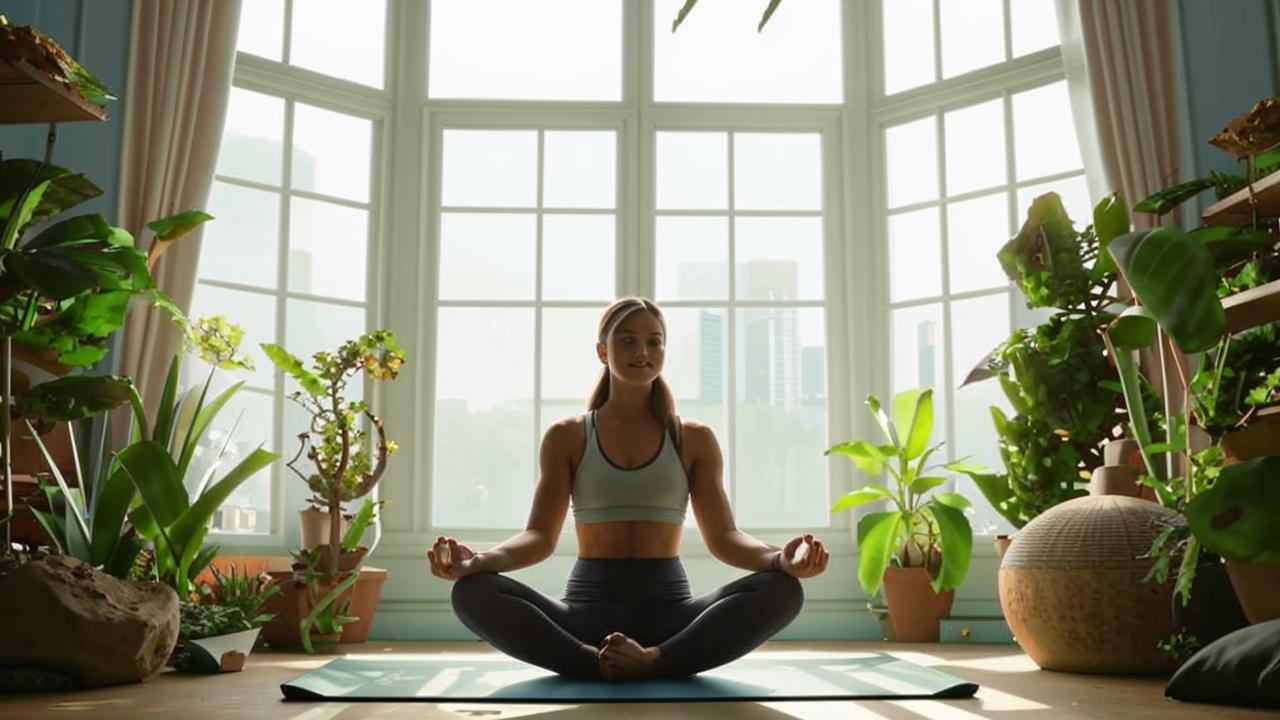
Lift opposite leg and arm lying on the stomach
Technique
- Lie on your stomach, legs straight, arms stretched forward, palms facing down.
- As you exhale, simultaneously raise your arm and the opposite leg.
- The head, neck and shoulder girdle are also raised.
- As you inhale, return to the starting position.
- Once your arm and leg have touched the floor, repeat the exercise with the other arm and leg.
- Perform 12-20 repetitions.
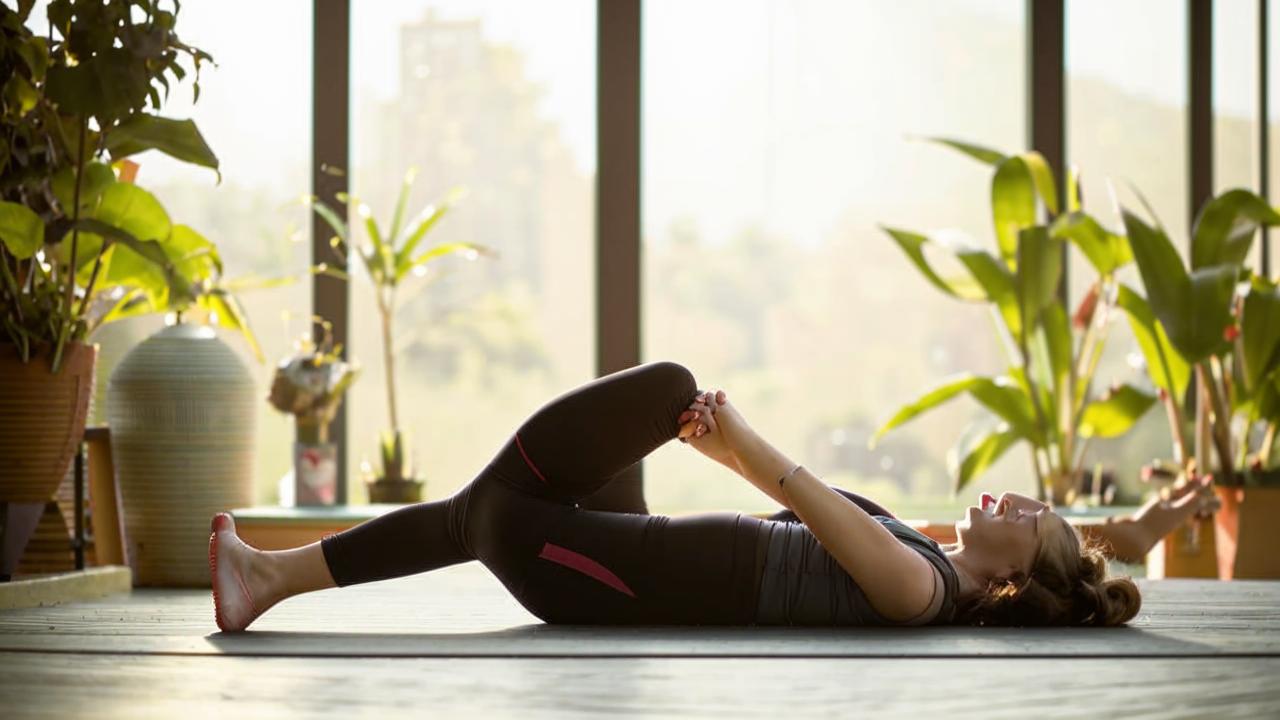
Twists
Technique
- Lie on the mat, bend your legs at the knees so that the feet fully touch the floor, feet shoulder-width apart.
- Arms are behind your head, elbows pointing out to the sides.
- As you exhale, tense your abdominal muscles and lift your upper body, rounding your back.
- Then lower your shoulders back down as you inhale.
- Perform 12 to 20 repetitions.
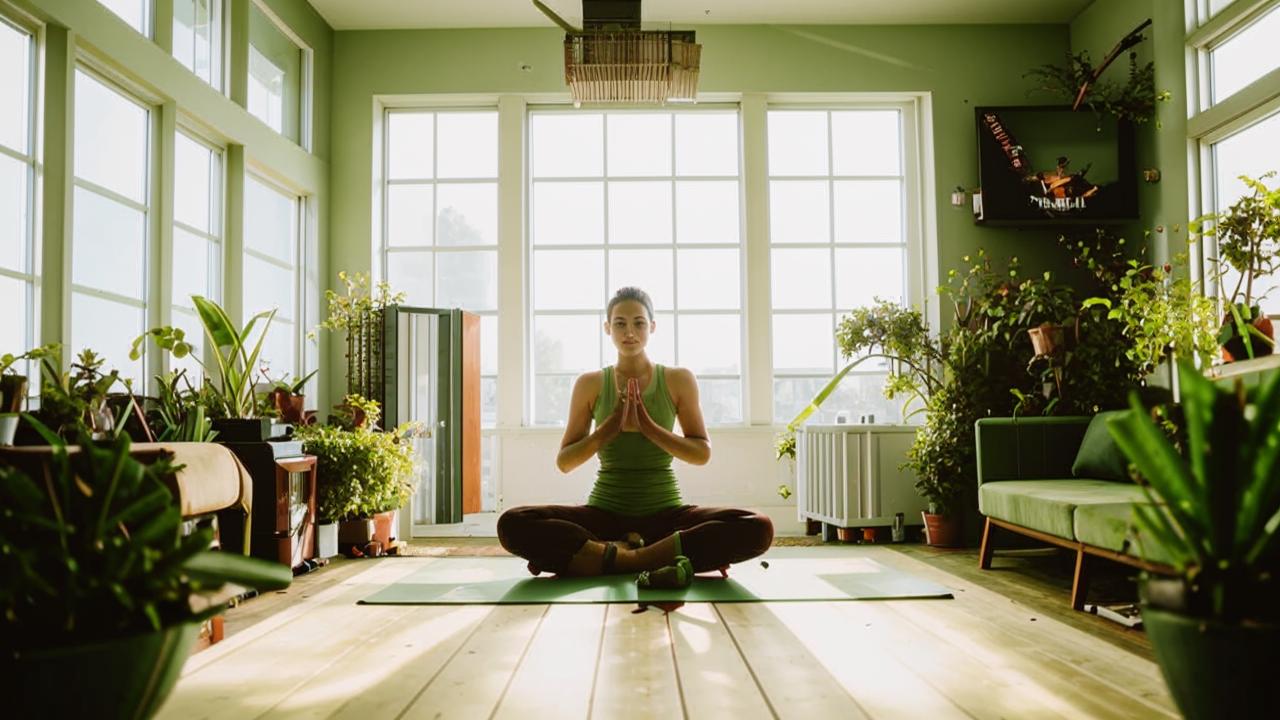
The name of this type of training very well indicates that the body is your sculpture, and you as a skillful master create it yourself, choosing shapes and lines, changing it from time to time. Sport is an assistant in the painstaking process of creation.



